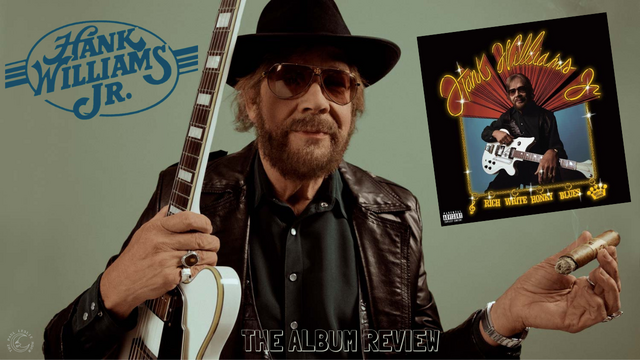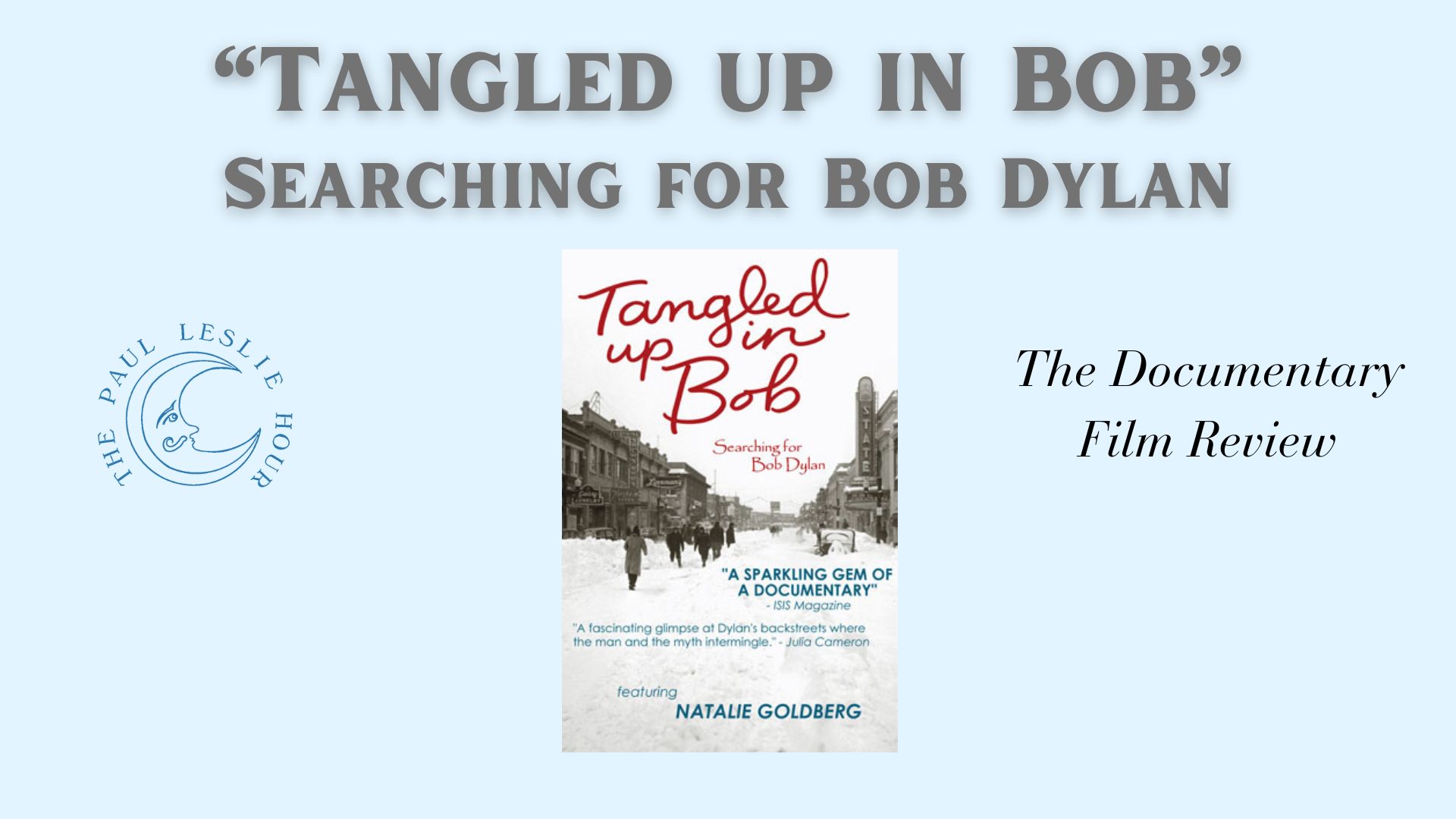Hank Williams Jr. released a full album of blues classics and originals on the Easy Eye Sound label.
Hank Williams Jr. is a misunderstood artist. To say he is a country singer, although true, doesn’t come close to painting the complete picture. Hank can play any musical instrument: guitar, banjo, piano, keys, harmonica, fiddle, drums — and that’s not all. As Hank has put it, he played every instrument that there was. The same as his father.
Facts: Hank Williams and Hank Williams Jr. are both inductees of the Country Music Hall of Fame, the Nashville Songwriters Hall of Fame and the Louisiana Music Hall of Fame.
Hank Williams Jr. and the blues have a long history
Then there’s Hank Williams Jr.’s career as a recording artist, which has yielded close to 60 studio albums, 58 years after his debut in 1964. He’s sold more than 70 million records. It’s a lot of great work, and the catalogue includes his own material, co-writes and his covers of country classics. His tendency for exploration is more frequent than some would guess: rock and roll, bluegrass and… blues.
The blues? The blues are hardly new territory for Hank Jr. Those familiar with his vast discography may remember the blues medley on the “Major Moves” album of 1984 or even better the early blues tunes on the “Montana Cafe” album from 1986. It’s the roots blues he interpreted that lets you know, it’s not a casual relationship Hank Williams Jr. has with the genre.
Rufus “Tee Tot” Payne played a part in the Williams family blues tradition
You could say the blues is something of a family tradition. I recall visiting Beth Petty, the director of the Hank Williams Museum in Montgomery, Alabama. She told me about Rufus “Tee Tot” Payne, an African-American bluesman, born in the late 1800s who was an early musical teacher of Hank Williams. The musical lessons Hank Williams received from Tee Tot were an unmistakable influence on his work. You will encounter the blues influence whenever you listen to Hank Williams.
Hank Williams Jr. wrote and sang a heartfelt memorial to Payne on “Tee Tot Song,” which you can find on the “Almeria Club” album that came out more than 20 years ago. That same record starts with “Last Porkchop,” when Thunderhead Hawkins, the blues alter ego of Hank Williams Jr. was revealed.
Hank Williams Jr.’s “Rich White Honky Blues” produced by Dan Auerbach
In 2022, Hank Williams Jr. decided to go “all in” with a full blues album: “Rich White Honky Blues,” working with famed record producer Dan Auerbach.
The album has some “dirt” on it, to use the term some musicians use to describe realness. It’s full of off-the-cuff lewdness from Hank, but if a blues record isn’t honest— who wants that? More than all of this is Hank Williams Jr.’s contagious, self-evident joy. Blues are wrongly thought of as sorrowful music. The late writer and critic Albert Murray put it best: “The blues is not the creation of a crushed-spirit people. It is the product of a forward-looking, upward-striving people.” Nobody could accuse Thunderhead Hawkins of having a crushed spirit.
Hank Williams Jr. sings blues classics
The record starts with “.44 Special Blues,” which is Hank’s reimagination of Delta Blues legend Robert Johnson’s “32-20 Blues.” It feels very much like it’s recorded live in the studio.
He follows that with the electrifying “Georgia Women,” an R. L. Burnside song and one of the best tracks on the record.
Hank Williams Jr. has a penchant for Lightnin’ Hopkins. He covers “My Starter Won’t Start,” “Short Haired Woman” and closes the album with “Jesus, Won’t You Come By Here.” He was covering “Short Haired Woman” in concert as far back as the 1980s. Songs like “Short Haired Woman” have a bit of vocal distortion, but it only adds to the appeal.
“Take Out Some Insurance,” is perhaps one of the best covers on the album, Hank’s joy is undeniable and he delivers this Jimmy Reed classic with lots of swagger.
“Rich White Honky Blues” features some original songs
What of Hank Williams Jr.’s own blues compositions? Look no further than the title track: “Rich White Honky Blues.” Hank sings: “I was raised on Bo Didley, Jimmy Reed and Bobby Blue. I hung out with Lightnin’ Hopkins, John Lee Hooker, just to name a few. I’m ‘o tell you about Robert Johnson. Everything he said was true.”
Then there’s the rock song “I Like It When It’s Stormy,” which tells the story of a mercurial mind. Also there’s the stripped down blues sound of “Call Me Thunderhead.” Hank’s own compositions suit the feel of the album perfectly. You could imagine all of them being played in some juke joint.
The album is light-hearted at times
There’s something serious about this record, but also a light-heartedness and even a comedic element. Coby Glass is a Hank Williams Jr. fan who has seen the singer in concert around 10 times. Glass remarked “As I’ve gotten older, I appreciate the fact that he has a sense of humor about himself now and realizes who he is, and more importantly, who he isn’t.”
For me, there is great joy in listening to blues. Looking up all of the many versions of a song and how different it sounds in the hands of different artists is fascinating.
Williams drew inspiration from the best
That’s because the blues tradition is very much about borrowing words and melodies. “Quotation is a rich and enriching tradition,” was how Bob Dylan put it when asked about the borrowing prevalent in folk and jazz. It’s definitely true in blues. “Rock Me Baby” is perhaps the most familiar blues standard on the “Rich, White Honky Blue” record. Williams gets inspiration from the Muddy Waters version, and I listened to this track over and over, trying to analyze what makes the song great. It’s carnal and unrestrained.
If this record is a testament to anything, it’s that the blues is very much a living art form and one with a great diversity of participants. Will Friedwald once called blues a “big tent.” The record liner notes writer and journalist went on to describe it as “one that is all inclusive, with room for everybody…” Even rich, white honkies.
Title: Rich White Honky Blues
Artist: Hank Williams Jr.
Producer: Dan Auerbach
Label: Easy Eye Sound
Release date: June 17, 2022
12 songs (CD, Vinyl & Digital)



